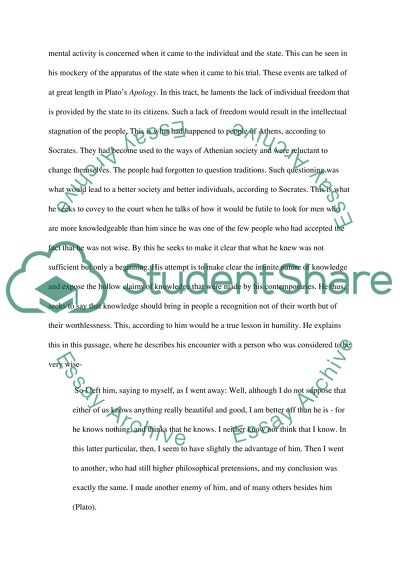Cite this document
(“Comparison of Plato and Confusius and Their Contemporary Relevance Essay”, n.d.)
Comparison of Plato and Confusius and Their Contemporary Relevance Essay. Retrieved from https://studentshare.org/english/1452610-comparative-analysis
Comparison of Plato and Confusius and Their Contemporary Relevance Essay. Retrieved from https://studentshare.org/english/1452610-comparative-analysis
(Comparison of Plato and Confusius and Their Contemporary Relevance Essay)
Comparison of Plato and Confusius and Their Contemporary Relevance Essay. https://studentshare.org/english/1452610-comparative-analysis.
Comparison of Plato and Confusius and Their Contemporary Relevance Essay. https://studentshare.org/english/1452610-comparative-analysis.
“Comparison of Plato and Confusius and Their Contemporary Relevance Essay”, n.d. https://studentshare.org/english/1452610-comparative-analysis.


